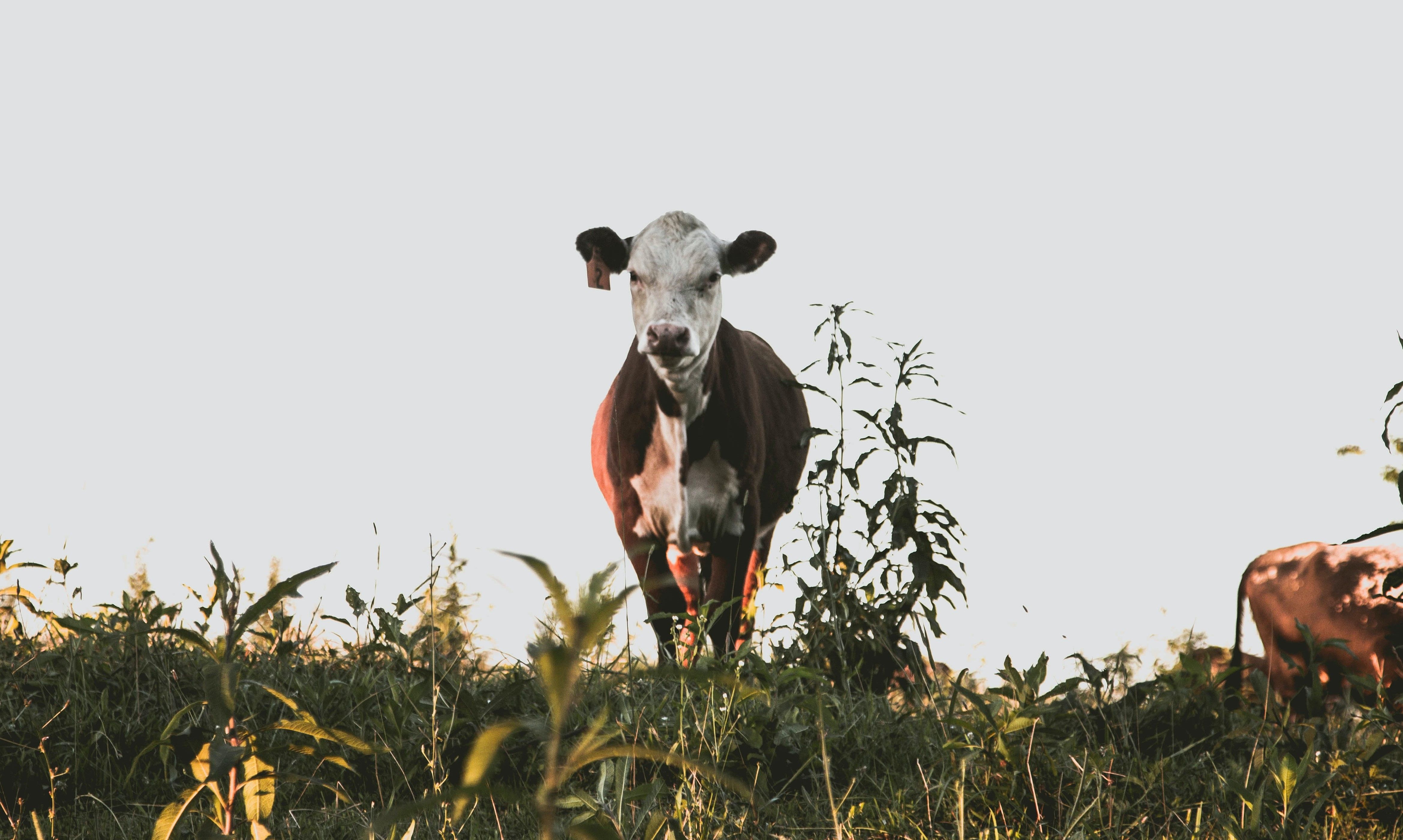
23 June 2023
Defra has announced that the 2023 Sustainable Farming Incentive (SFI) will accept applications from farmers starting in August. The updated program offers farmers more flexibility in choosing the actions they want to get paid for and includes a range of actions, such as soil health, moorland management, integrated pest management, and nutrient management, aiming to promote sustainable food production and contribute to environmental targets. The Arable, Horticulture and Grassland soil standards have been broken up after being launched last year. Many of the measures contained within those standards such as soil testing are available as stand alone actions that farmers can ‘pick and mix’ with others.
Campaigners from Feedback have been granted permission for a full judicial review of the UK government's food strategy, arguing that ministers broke the law by failing to create plans to reduce meat and dairy consumption in England. The Court of Appeal overturned previous decisions, stating that the strategy failed to consider ministers' duties to cut carbon emissions.
Tesco has agreed to attend a meeting in July to discuss the degradation of the River Wye, following a shareholder's call for action at the company's annual general meeting. The meeting, chaired by Wildlife Trusts CEO Craig Bennett, aims to address concerns about the decline in wildlife caused by intensive farming, through runoff from soils, and sewage pollution.
The EU's Nature Restoration Law, aimed at restoring nature and reversing its decline including soils, has progressed to the next stage in the EU parliamentary process. The European People's Party (EPP) group, which opposed the law, was unable to gather enough support, leading to a tie-break and further voting on amendments postponed until later this month.
According to the Beef + Lamb New Zealand organisation, New Zealand is leading the world in implementing sustainable agriculture practices. Initiatives like the world's first tax on agricultural emissions and the New Zealand Farm Assurance Program are supporting farms to consider factors like soil health, and drawing inspiration from indigenous Māori practices.
A new report from the global Food Systems Partnership has stated that most countries are yet to realise the full potential of including food systems in their climate action plans. The Partnership calls for food and agriculture to be at the heart of discussions on climate.
A study suggests that rewetting approximately half of England's lowland peat could contribute to achieving one-fifth of the necessary greenhouse gas emissions savings from farming by 2030. The Green Alliance think tank proposes that the government provide stronger incentives for farmers to participate, despite farmers raising concerns around impacts to food production.
Researchers at the University of California found that global warming significantly impacts soil carbon. Their study revealed that just 4.5 years of warming temperatures, led to significant changes in soil carbon stocks, including decreases in pyrogenic carbon, which is essential for long-term carbon sequestration.